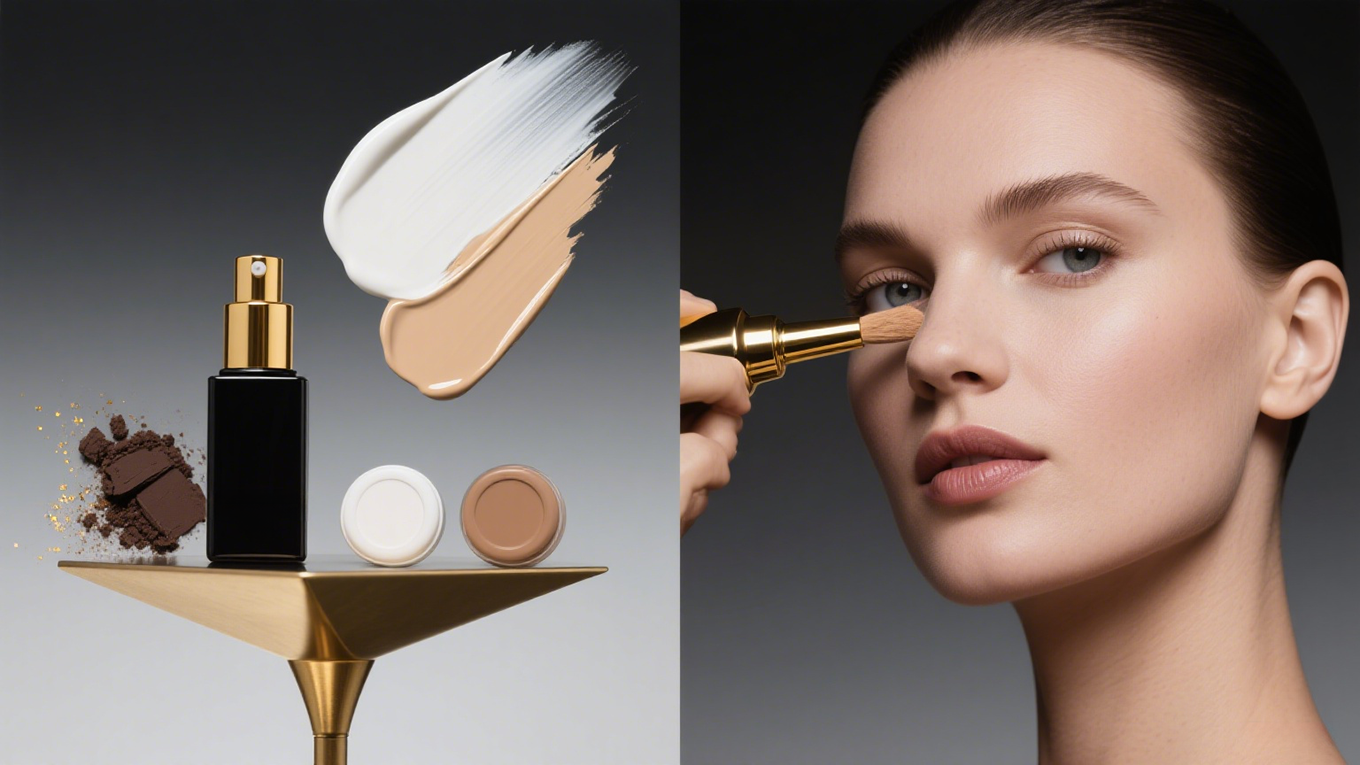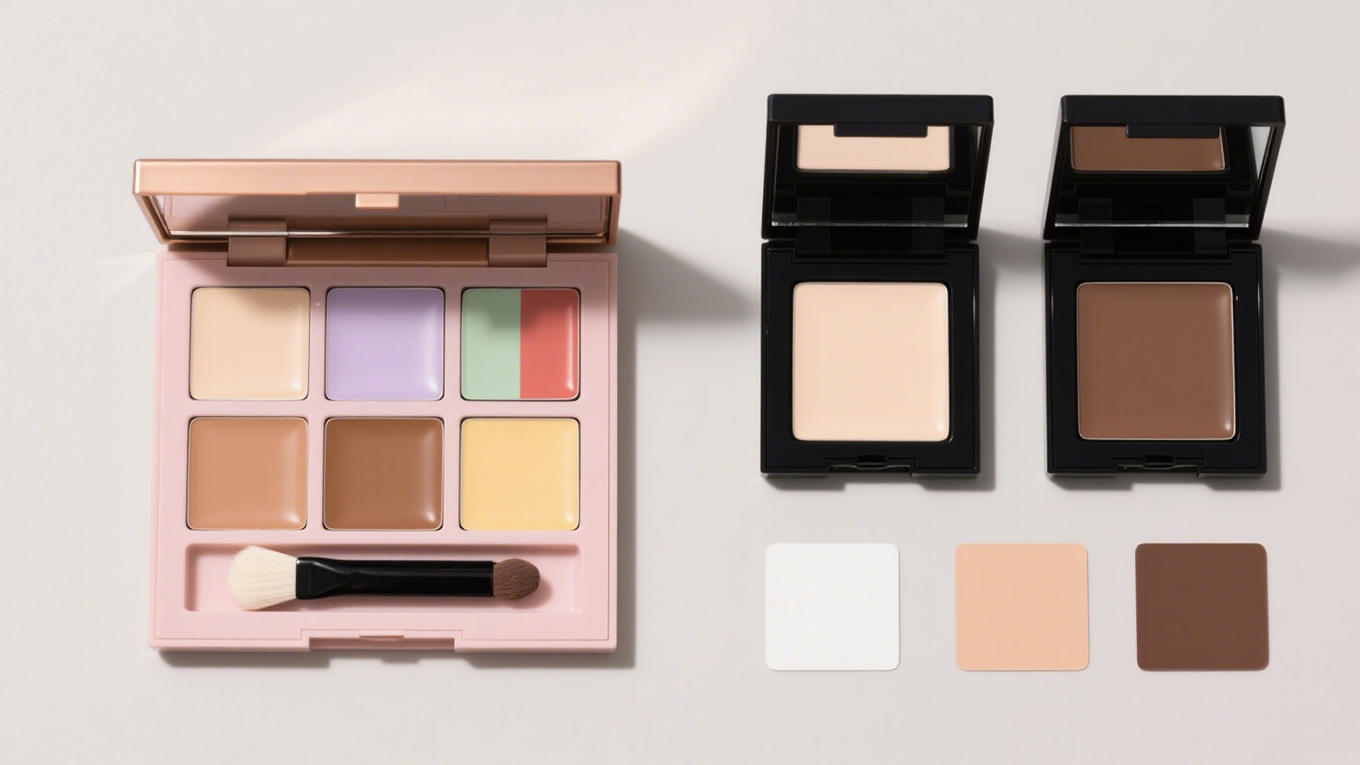In today’s thriving beauty industry, creating your own makeup line can be an exciting and rewarding venture. With the rise of social media, influencer-driven marketing, and niche beauty products, there has never been a better time to turn your passion for cosmetics into a business. However, launching a successful makeup line requires careful planning, product knowledge, and strategic execution. At ZM Beauty Supply, we understand the challenges and opportunities that come with starting a beauty brand. This guide will provide a detailed roadmap for building your makeup line from concept to market.
Why Start Your Own Makeup Line?
Before diving into logistics, it’s important to understand why creating a personal brand in cosmetics can be so powerful:
- Market Demand: Consumers are increasingly seeking unique, high-quality, and personalized beauty products.
- Creative Freedom: Launching your own line allows you to create products that reflect your vision, style, and values.
- Brand Loyalty: Successfully executed products can cultivate a loyal customer base eager to try new offerings.
- Financial Opportunity: With the right products and marketing strategy, a makeup line can become a profitable venture.
However, starting a makeup brand isn’t just about passion—it requires a strategic approach to product development, production, and marketing.
Step 1: Identify Your Niche
The beauty market is highly competitive, so defining a niche is crucial. Consider the following factors:
-
Target Audience
- Age, gender, lifestyle, and preferences determine your product line and marketing strategy.
- Example: Vegan and cruelty-free makeup appeals to eco-conscious consumers.
-
Product Focus
- Decide whether your line will be full-spectrum (foundation, lipstick, eyeshadow, etc.) or specialized (like lip products or highlighters).
- Niche products can help establish your brand identity and reduce initial investment.
-
Trend Research
- Analyze market trends, social media buzz, and beauty influencers to see which products are in demand.
- Example: Color-changing lipsticks, long-lasting foundations, or natural mineral eyeshadows are gaining popularity.
Identifying a clear niche ensures your brand has a unique position in the marketplace and attracts the right consumers.
Step 2: Product Development
Creating a high-quality product line is the backbone of your brand. This step requires attention to ingredients, formulas, and product design.
-
Formulate Your Products
- Work with cosmetic chemists or reputable manufacturers to develop safe, effective, and innovative products.
- Decide on formulation priorities, such as vegan ingredients, long-lasting wear, hydrating textures, or matte finishes.
-
Test for Quality and Safety
- Conduct thorough testing for skin sensitivity, durability, and performance.
- Ensure products comply with local and international cosmetic regulations.
-
Packaging Design
- Attractive, functional packaging enhances brand recognition.
- Consider sustainable options to appeal to environmentally-conscious consumers.
By focusing on quality and aesthetics, you create products that not only perform well but also resonate with your audience.
Step 3: Find the Right Manufacturer
Choosing a reliable manufacturer is critical for consistent product quality. Here’s how to evaluate potential partners:
- Experience and Expertise: Ensure they specialize in the types of products you want to create.
- Certification and Compliance: Look for ISO-certified facilities and compliance with FDA, EU, or other relevant cosmetic regulations.
- Minimum Order Quantities (MOQs): Confirm that production volumes match your budget and projected sales.
- Private Label Options: Some manufacturers offer customizable formulas and packaging for easier brand development.
Partnering with the right manufacturer reduces production risk and ensures timely delivery.
Step 4: Brand Identity and Marketing
A strong brand identity helps your products stand out in a crowded marketplace.
-
Logo and Packaging Aesthetics
- Develop a visual identity that reflects your brand values and appeals to your target audience.
-
Digital Presence
- Build a website with e-commerce capabilities and engaging content.
- Leverage social media platforms like Instagram, TikTok, and Pinterest to showcase your products.
-
Influencer Partnerships
- Collaborate with influencers who align with your brand ethos to increase credibility and reach.
-
Promotions and Launch Strategy
- Consider pre-launch campaigns, product sampling, and giveaways to generate buzz.
- Collect feedback to improve products before mass distribution.
Marketing is an ongoing process, and building brand loyalty requires consistent engagement with your audience.
Step 5: Distribution and Sales Channels
How your products reach consumers can impact your success:
- E-Commerce: Direct-to-consumer online sales offer higher profit margins and control over branding.
- Retail Partnerships: Collaborating with specialty stores or beauty chains expands your reach.
- Subscription Boxes or Pop-Up Shops: These methods can create excitement and test market response.
Diversifying sales channels helps mitigate risk and maximizes brand exposure.
Step 6: Monitor, Improve, and Expand
Once your makeup line is launched, continuous improvement is key:
- Collect customer feedback and reviews to understand strengths and areas for improvement.
- Track sales data to identify popular products and trends.
- Gradually expand your line with complementary products or limited-edition releases.
Building a sustainable makeup brand requires patience, flexibility, and responsiveness to market demands.
Common Mistakes to Avoid
- Skipping Market Research: Assumptions without data can lead to product failure.
- Neglecting Branding: Poor visual identity reduces consumer recognition.
- Overlooking Regulatory Compliance: Legal issues can halt production and sales.
- Ignoring Customer Feedback: Failing to adapt to consumer needs harms brand reputation.
Launching a makeup line is an exciting journey that combines creativity, business strategy, and market knowledge. By defining a niche, developing quality products, partnering with the right manufacturer, and building a strong brand presence, you can successfully introduce your cosmetics line to the world. ZM Beauty Supply is committed to supporting aspiring beauty entrepreneurs with guidance, high-quality products, and industry insights to help you achieve your dreams.
Creating your own makeup line is not just about selling products—it’s about building a brand that resonates with consumers, offers quality and innovation, and reflects your personal vision in the beauty industry.



